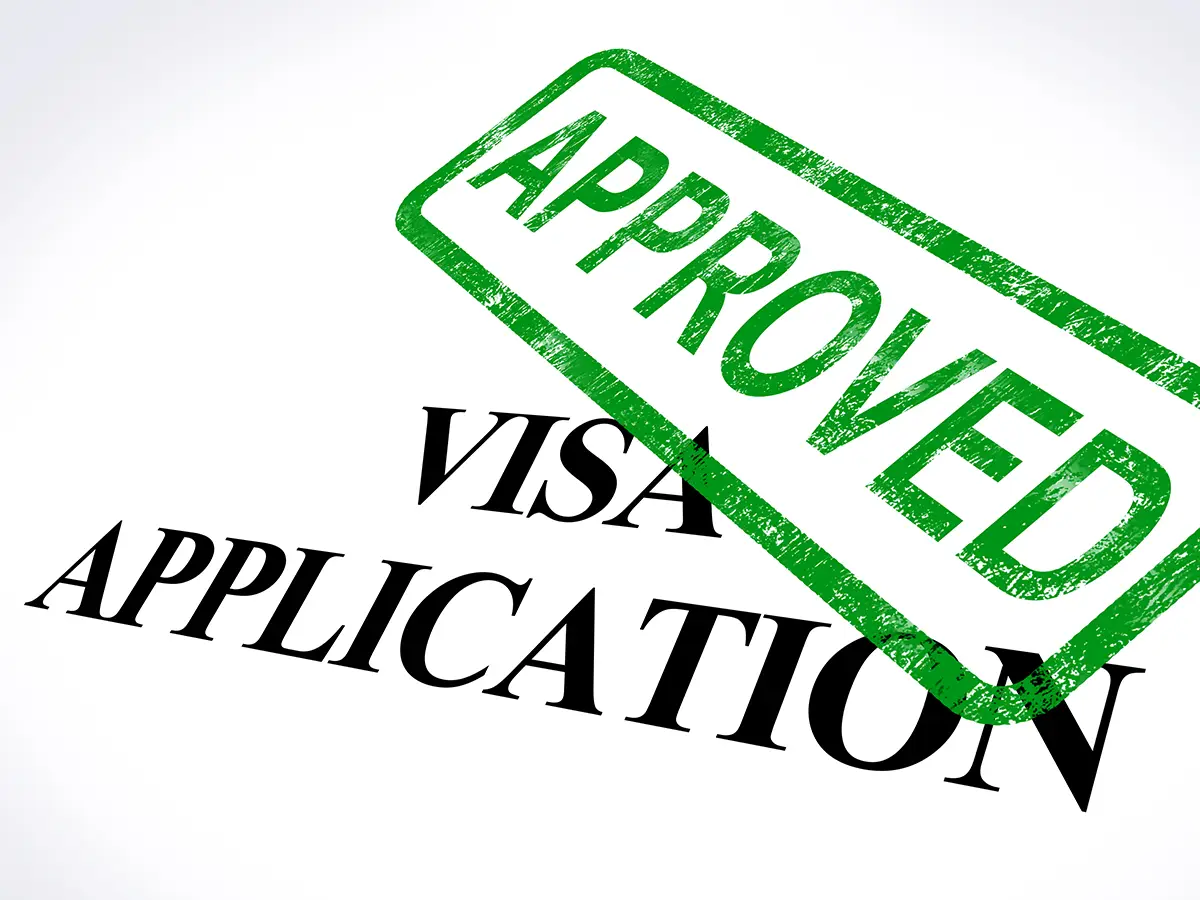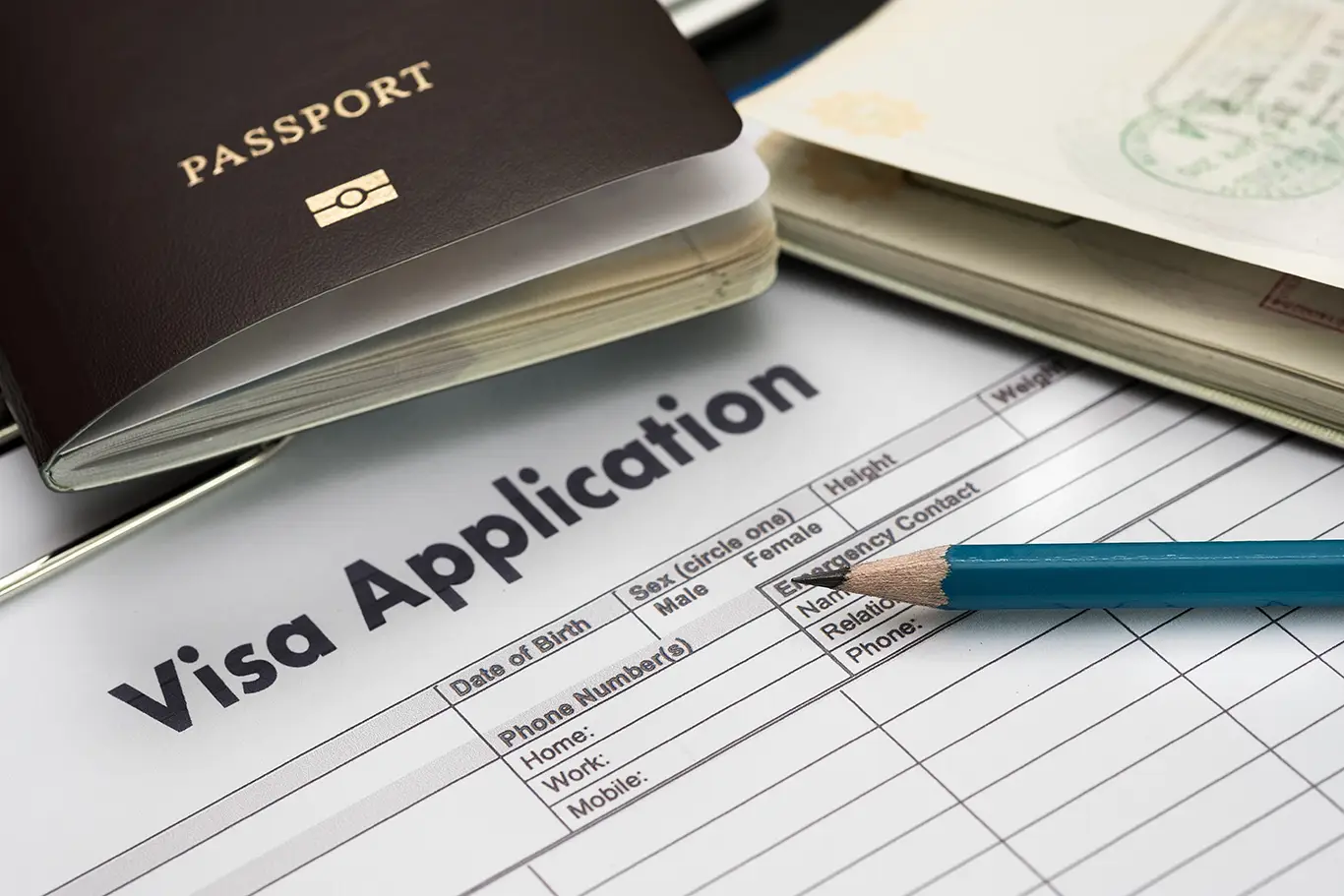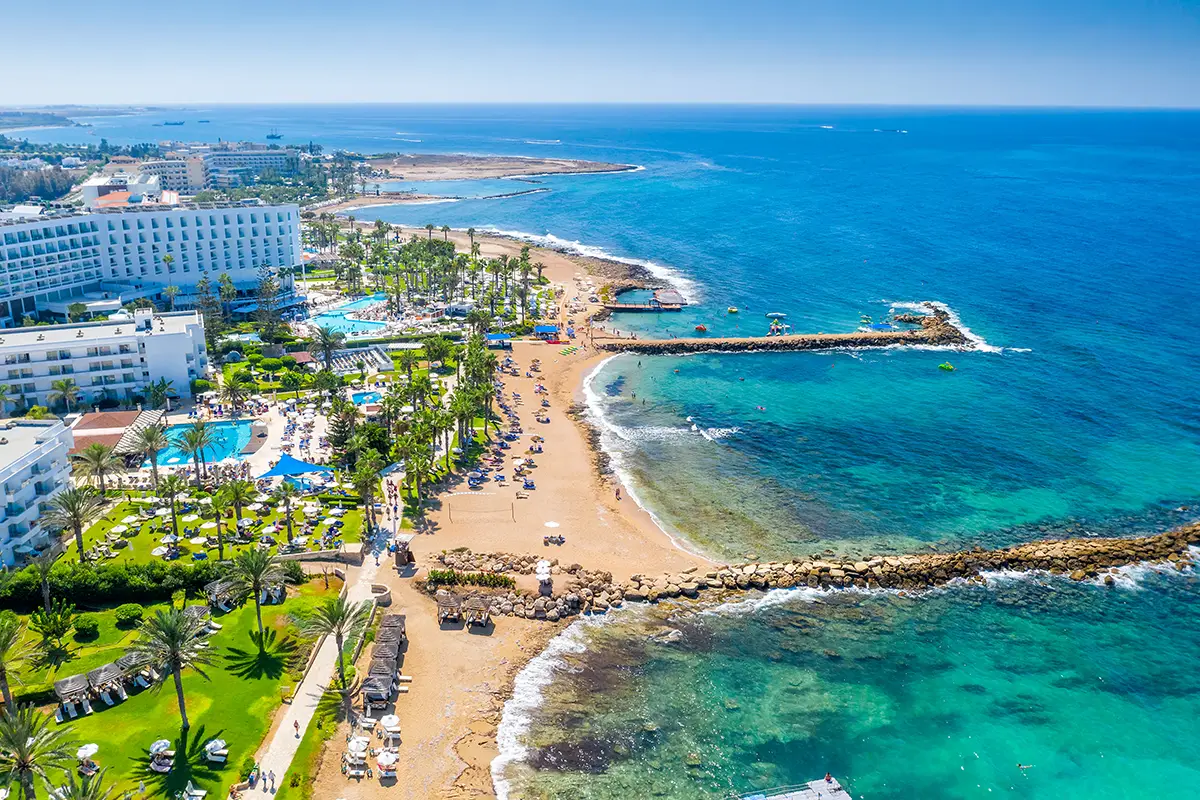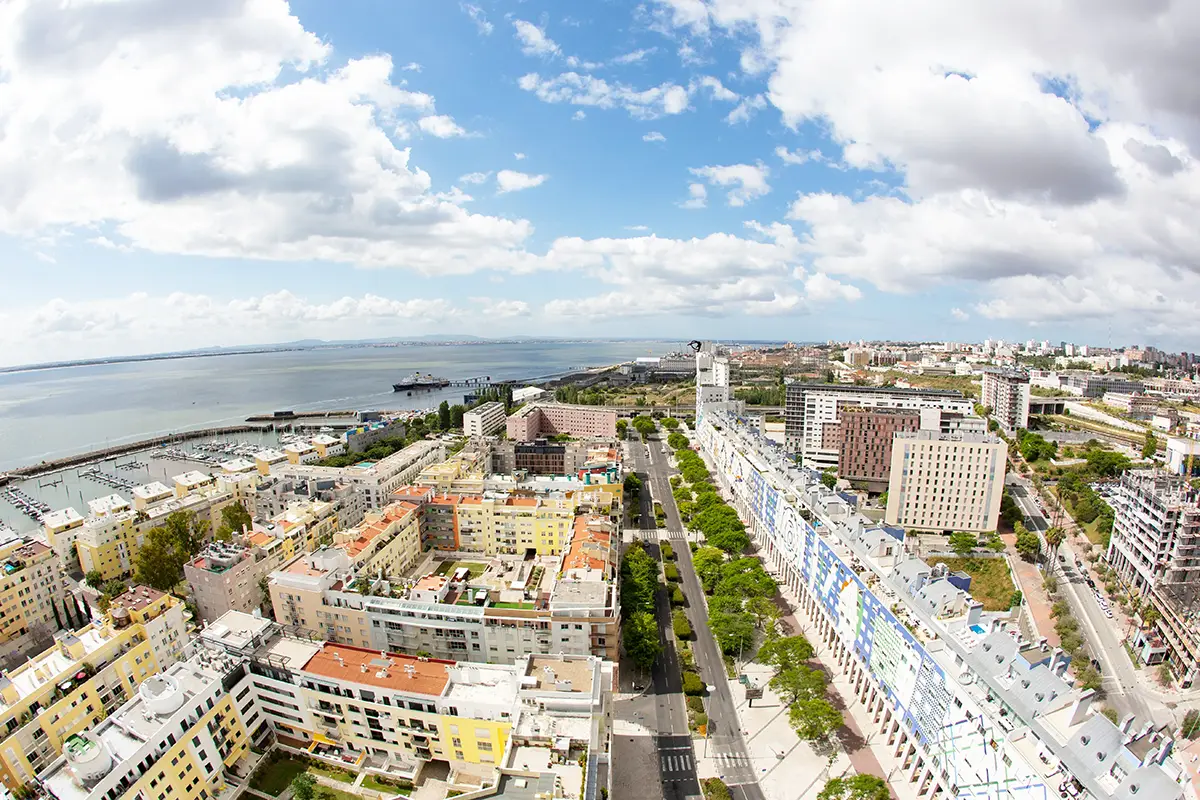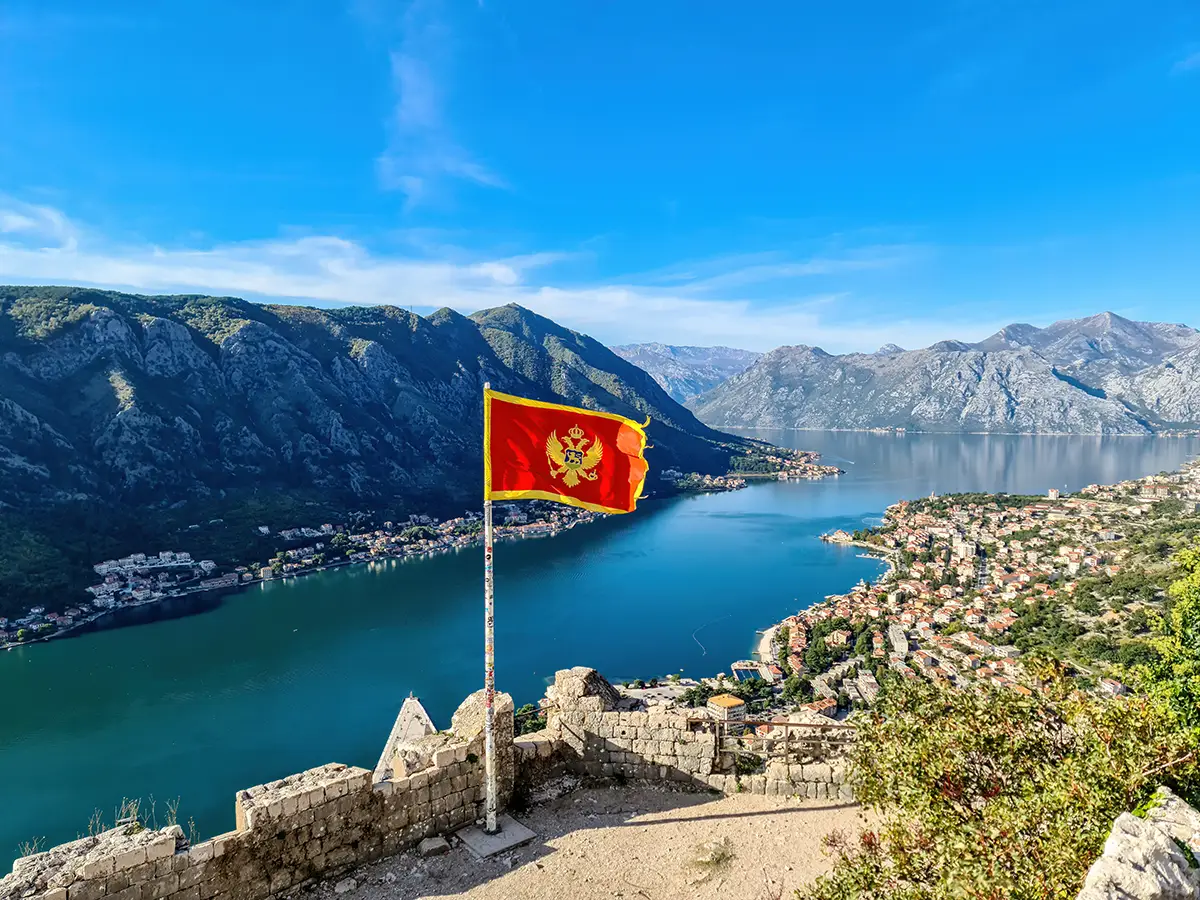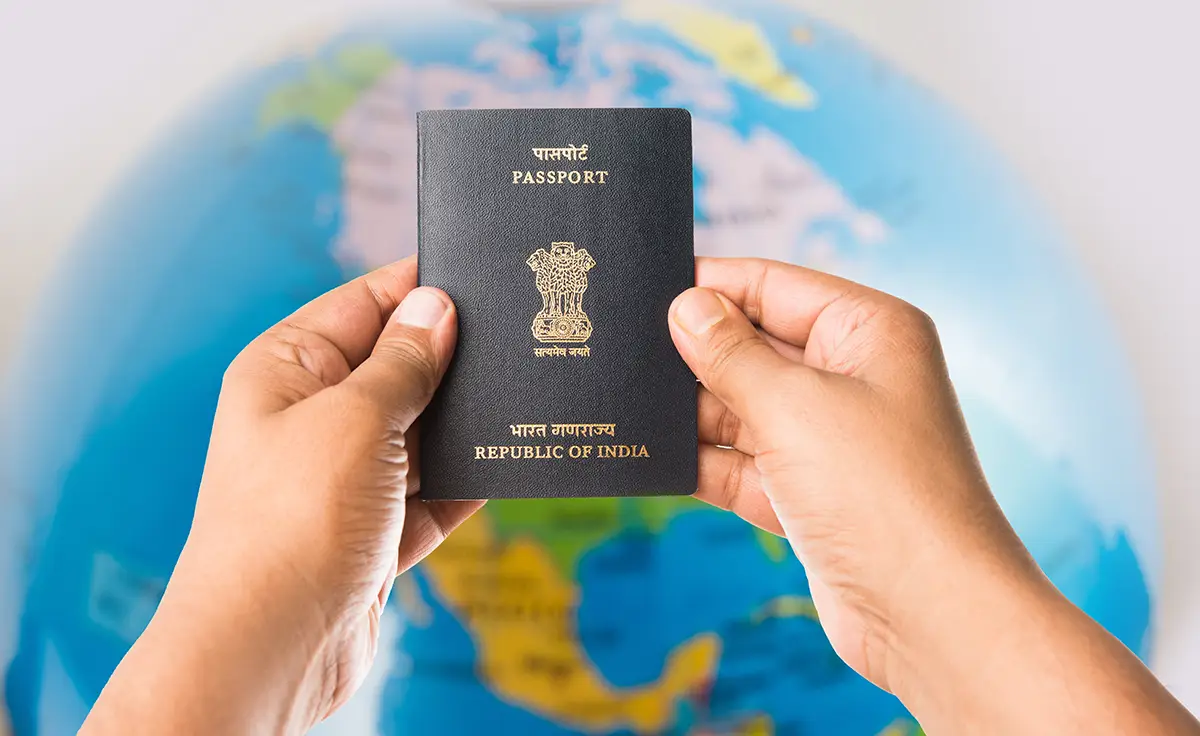What Is a Visa Application Rejection?
Visa rejection refers to the specific circumstance where an immigration authority or consulate refuses to grant a visa to an applicant, resulting in the denial of the visa application.
In this situation, the application is thoroughly reviewed, but the outcome is negative, meaning that the applicant is not granted permission to enter the country for the intended purpose. This section helps clarify common visa denied reasons and how to prepare better next time.
What are the Most Common Visa Application Mistakes?
1. Incomplete or Inaccurate Application Forms
- Why It Matters: A single blank field, mismatched date, or misspelled name is enough to prompt a rejection. Consulates and immigration authorities scrutinize every detail, as they are required to collect extremely specific information relevant to the visa category, and any omission or missing information is also one of the most common visa application mistakes.
- How to Avoid It: Triple-check all data to ensure perfect compliance. Alternatively, work with our legal partners to guarantee consistency across your passport, application forms, and supporting documents.
2. Insufficient Financial Documentation
- Why It Matters: Showcasing your financial standing is key, doubly so when it comes to investment visas. If you do not, authorities may question your ability to support yourself or your investment, as they require documentation that reveals you’re able to support yourself and your family.
- How to Avoid It: Provide full bank statements, pay stubs, tax returns, and proof of investment. We’ll guide you in compiling exactly what’s required for your chosen Residency by Investment program.
3. Lack of a Clear Travel or Residency Plan
- Why It Matters: Regardless of whatever visa you’re planning on getting, authorities will need to verify clear intention and know what your goal is when coming into the country of your choice. Showing a detailed plan of your goal and why you’re aiming for that particular visa is key.
- How To Avoid it: Researching the required visa documents, exhibiting clarity and coherence in your visa interview, and displaying supporting documents. For investment visa applicants, we help draft your plan and relocation strategy depending on your visa of choice. We can also help with moving into the country of choice, including address registration, utility setup, tax representation, and property management.
4. Incorrect or Missing Travel or Health Insurance
- Why It Matters: Many countries, in their visa approval process, demand their applicants submit proper travel or health insurance. This prerequisite is increasingly common, as it serves as a safety net for the applicant and removes the burden from national healthcare services when it comes to medical expenses.
- How to Avoid it: Research will continue to be important at this stage of the visa application process, especially to meet your country of choice’s insurance requirements. Alternatively, Investment Visa provides a pre-selection of vetted insurance options that meet Schengen and national requirements, so you’re always compliant.
Read more:
Healthcare in Europe: How Does It Work and How Much It Costs
5. Submitting to the Wrong Embassy or Jurisdiction
- Why It Matters: Applying in a jurisdiction where you aren’t a legal resident is one of the most common visa application mistakes and can result in delays or rejections.
- How To Avoid It: Our team ensures your application is filed in the correct consular post based on your current legal residency.
6. Providing False or Misleading Information
- Why It Matters: Out of all of the visa application mistakes you can make, this is the most serious one. If you willingly provide false or misleading information on your visa application, you’re not only risking your entire process, but you’re also setting yourself up for legal consequences and to be banned from entering the country altogether.
- How To Avoid It: Being honest and providing only truthful information and documents is of the utmost importance. On our side, we verify and cross-reference every single file you produce, ensuring that your information is correct, including your personal data and others, and that your process remains clean, honest, and professionally structured.
7. Lack of Address
- Why It Matters: Most countries will also require proof of address or accommodation, as it reveals that you have somewhere to stay during your visit. For long-term residency visas, you’ll need a rental agreement or proof of property purchase.
- How to Avoid It: In some cases, as is the example of the Greece Golden Visa, you can kill two birds with one stone and fulfill this requirement through the real estate investment option, in which you obtain Greek Residency and a physical address in Greece. In other cases, it’s always best to get advisory from a consultant like an Investment Visa.
8. Unprepared or Failure to Attend the Visa Interview
- Why It Matters: Most countries are likely to require you to attend an interview, depending on the visa type, before deciding whether to approve your process or not. If it is mandatory, and you don’t show up, you can count on a visa rejection. Also, simply showing up isn’t, unfortunately, enough. You must be prepared, as you would for a job interview, and poor communication or lack of clarity can raise red flags.
- How To Avoid It: Other than preparing for an interview as you normally would, Investment Visa coaches our clients through mock interviews, and we provide talking points tailored to your investment and migration story.
9. Not Meeting Program-Specific Requirements
- Why It Matters: Not all visas are created equal. Any visa that leads to residency will have its own set of specific requirements, distinct from other visas, and missing a niche requirement can lead to rejection.
- How to Avoid It: We specialize in investment visas, like Portugal’s and Greece’s Golden Visa, and know exactly what each of these programs depend, including timelines, renewal conditions, and documentation needed.
10. Submitting Your Application Too Late
- Why It Matters: Visa timelines often extend over months. Starting too close to your intended move can jeopardize everything.
- How to Avoid It: Start early. Our advisors will build a realistic roadmap to get your application lodged, processed, and approved well before your target date.
Already Rejected? Here’s How to Recover: Why Expert Guidance Matters
A visa rejection is not the end of your journey. It’s simply a sign that you need to approach your application differently to ensure a successful outcome. Whether you’ve applied for a a Golden Visa, or a second passport by investment, Investment Visa can help you get back on your feet. We’re proud to have never had a visa application rejected.How to Proceed After a Visa Rejection
- Review the Rejection Letter: Every official refusal comes with a written explanation. Carefully examine the official letter, it will outline exactly why your application was denied.
- Understanding the Rejection Codes: In the case of Schengen visas, you should know that there are specific codes that pinpoint the reason for rejection. Identifying what caused your rejection will help you review your application as a whole.
And ultimately, the best thing you can do is seek Investment Visa’s advisory. Instead of trying to redo the process by yourself, you can always resort to us.
Our experienced immigration advisors can assess your file, identify weak points, and help restructure your next application to meet all the legal standards. Furthermore, we provide you with specific, tailor-made visa solutions that will get approved.
If your goal is EU Residency or Citizenship through Portugal or Greece, our advisors, legal partners, and processing team will ensure your application is structured, compliant, and approved without unnecessary delays or risk.
Read more:
EU Citizenship by Investment
Citizenship vs Residency: Key Differences Explained


